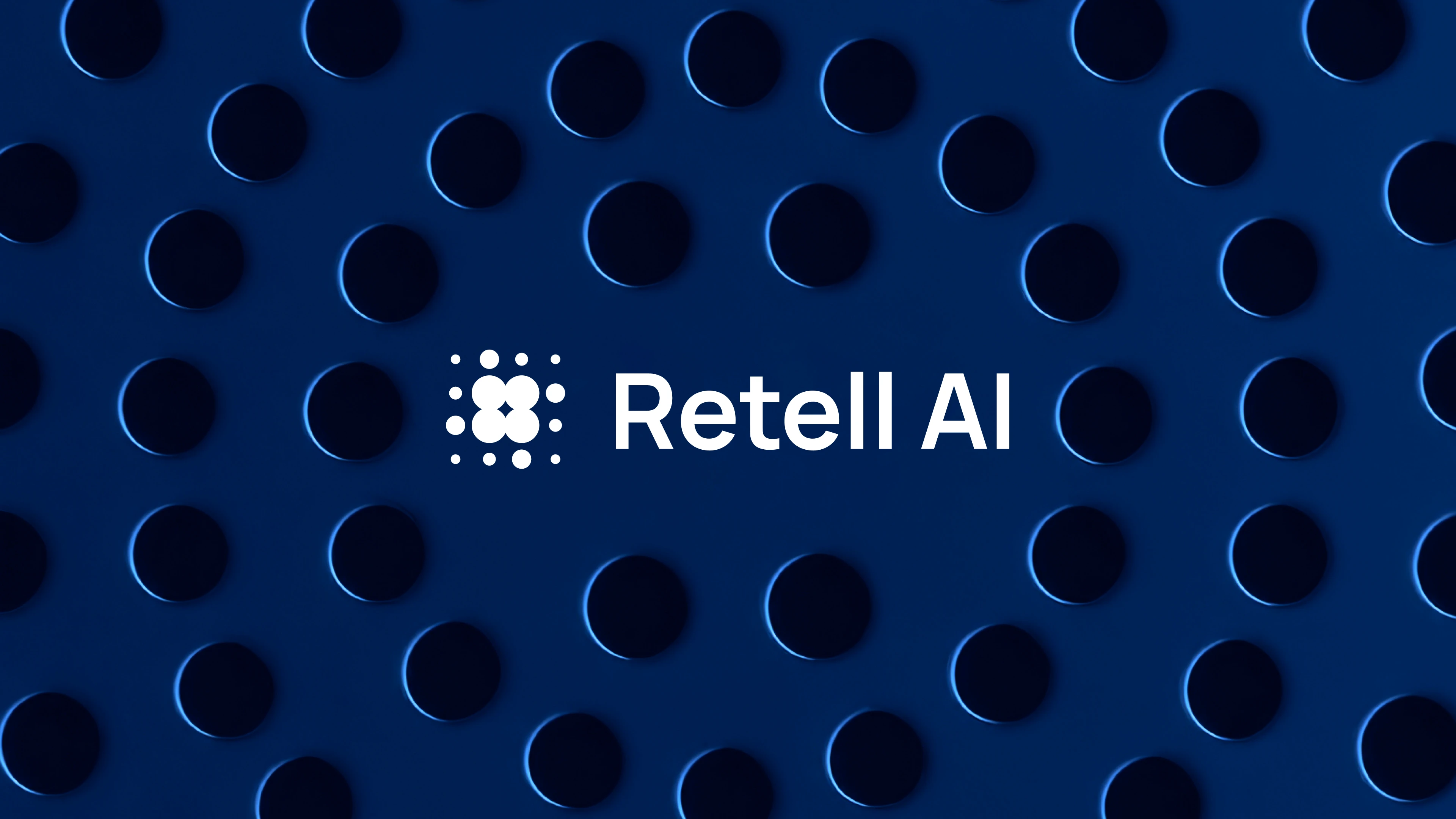[ad_1]
And reduces call handling costs by up to 80%.

Retell AI(opens in a new window) is rebuilding the call center from first principles. Instead of retrofitting legacy call scripting systems, they’ve created an AI-native, no-code platform that spins up natural-sounding voice agents that can answer questions, schedule appointments, and resolve administrative issues—no hold music, scripting, or heavy engineering required.
This category of technology, known as voice automation, enables businesses to handle calls instantly, around the clock, while eliminating hold times, reducing operational costs, and improving customer satisfaction.
By closely tracking OpenAI model releases and integrating them quickly, Retell can deliver new capabilities to customers within days. As co-founder and CTO Zexia Zhang explains, “Because the models keep getting better, our platform keeps getting better. We’re not just scaling faster, we’re tackling more complex problems with a simpler stack.”
That approach is paying off: teams using Retell report up to 80% reductions in call handling costs, and Retell is seeing a high NPS of 90 across deployments.
Unlocking real-time, human-like conversations with GPT‑4o
To enable natural conversations, Retell needed an AI provider that could move beyond scripted exchanges, something that could understand context, follow logic, and trigger the right actions in real-time. After evaluating multiple LLMs, OpenAI stood out for its precision and performance.
“OpenAI’s models strike the best balance of speed, reliability, and intelligence,” says Zhang. “When we tested function calling, GPT models were not only the most accurate, they were the fastest to respond. That level of performance is critical for real-world conversations.”
Retell voice agents use function calling to schedule appointments, qualify leads, and resolve administrative issues. In each case, the model needs to reason across multiple turns of conversation and invoke the right API at the right time.
“It was the last missing piece of a great phone call,” Zhang adds. “With GPT‑4o, the agent finally acts like a human: it listens, reasons, and responds naturally.”
Hear Retell AI in action: natural-sounding voice, low latency, and near-instant responses.
Choosing GPT‑4o, GPT‑4.1 for precision at speed
GPT‑4o was a turning point: it enabled Retell to build dynamic conversation flows, like scheduling appointments, handling objections, and confirming details, without extensive prompt engineering or hardcoded logic. Instead of chaining together brittle instructions, manually managing context windows, or writing 3,000-token prompts for every use case, Retell’s customers can now define behavior through a simple UI. They write a high-level goal, select a few conditions or actions, and the model handles the rest.
“Typically, these workflows require lots of manual logic, fallback prompts, external memory, JSON enforcement,” says Bing Wu, Retell co-founder and CEO. “We used to spend weeks building workarounds. Now customers can go live in days.”
OpenAI’s native function calling interface was another unlock. Competing models often required pieced-together solutions or custom schema enforcement. GPT‑4o provided a more natural, reliable interface and achieved a 70%+ success rate in multi-turn function calling, nearly double what Retell saw from alternatives, without careful prompting, relying solely on the model’s understanding of the function descriptions.
Retell also used GPT‑4o to launch entire new capabilities like:
- Post-call analysis and outcome evaluation
- Configurable agent workflows with minimal prompt engineering
- Dynamic conversation flows like rebuttals and multi-slot appointment booking
All of this was built and shipped with a lean team of 11 and made accessible to Retell’s customers without requiring complex setup. With GPT‑4o, Retell moved quickly from idea to production-ready agents that could handle real-world conversations.
That speed hasn’t let up. Retell continues to integrate OpenAI’s newest models, including GPT‑4.1, to extend what their agents can do. Each release brings new opportunities: more responsive behavior, tighter CRM integrations, and smarter workflows, all delivered to customers in a matter of days.
Automating the full customer conversation lifecycle with OpenAI
Retell’s lean, model-native approach is now powering the full lifecycle of voice automation, from answering the call to measuring its outcome. And they’re seeing real results:
- Up to 80% reduction in call handling costs
- 24/7 availability with CSAT scores of 85%+, matching or exceeding human agents
- 85-90% success rate in qualified call transfers
- $14M in revenue within 16 months of launching
- 25% average month-over-month growth

With every new model release, like GPT‑4.1, Retell unlocks new functionality like more advanced conversation flows, intelligent warm transfers or escalations to human agents, a more powerful dialer, deeper CRM integrations, real-time analytics, smarter call scoring and quality assurance (QA). All of it is built into an intuitive platform that lets teams launch custom agents quickly and without adding operational overhead.
“We’re not just building agents anymore,” says Zhang. “We’re building infrastructure for the future of customer conversations.”
Interested in learning more about ChatGPT for business?
Keep reading
[ad_2]







